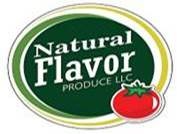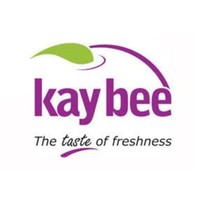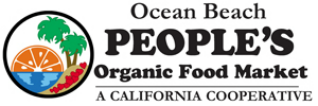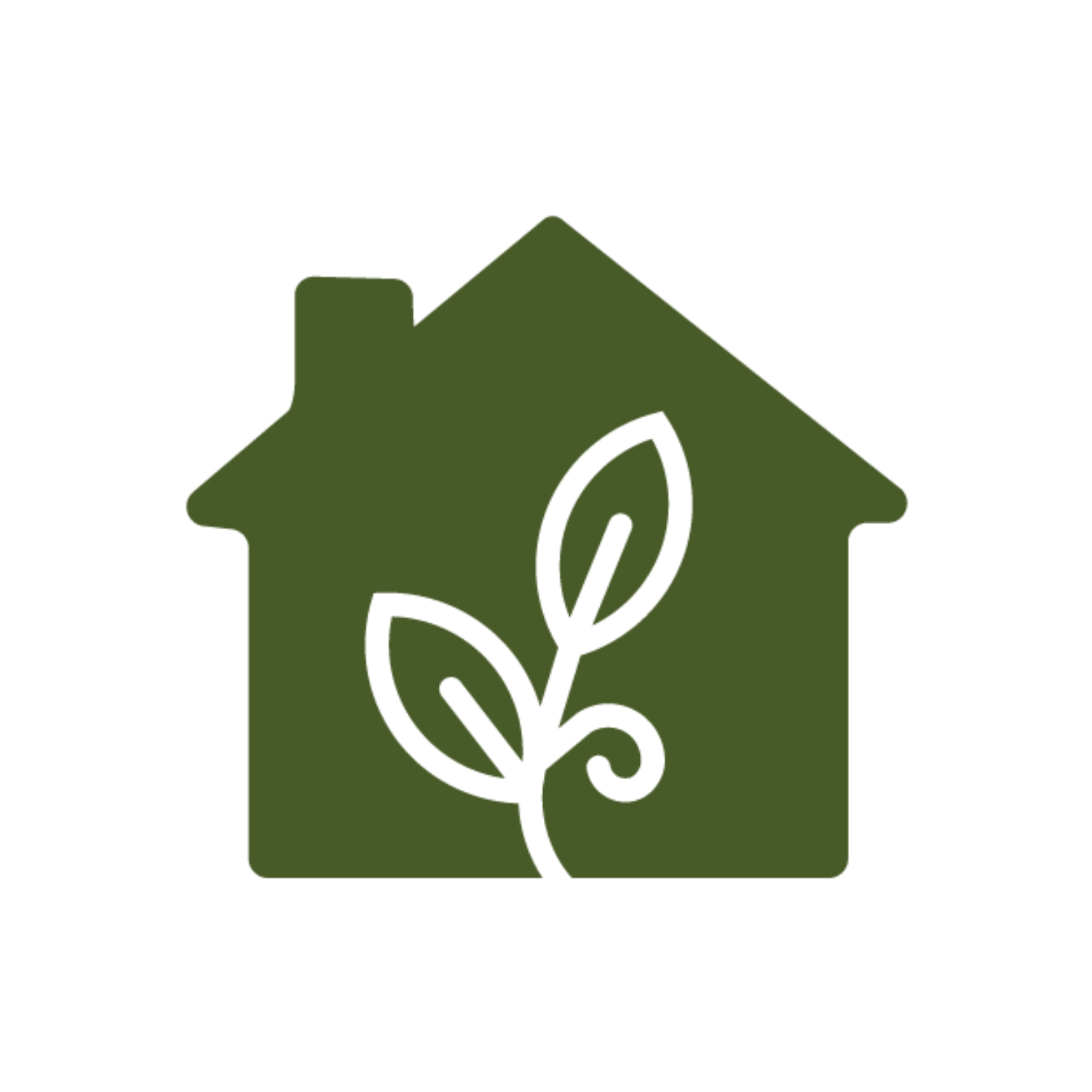The Packer's Tom Karst recently interviewed Hans Sauter, chief sustainability officer and senior vice president of research and development at Fresh Del Monte. With Fresh Del Monte operations and distribution in more than 90 countries, Sauter, a 33-year veteran of the company, has a global perspective on sustainability efforts. Sauter and Karst discussed the evolution of sustainability issues and progress the multinational marketer is making.
Q: Fresh Del Monte recently put out a new 83-page sustainability progress report. I'm sure that was a lot of work, to get that in place and to have progress in all the areas where you wanted to see progress.
A: It is tremendous amount of work. People don't realize how much it takes, especially when you're talking about multinational (operations). Because we're not talking about progress just in one operation — we are basically addressing our global footprint.
Q: The world has changed so much since you started three decades ago with Fresh Del Monte. What are your impressions about how issues around sustainability have found traction and evolved over those years?
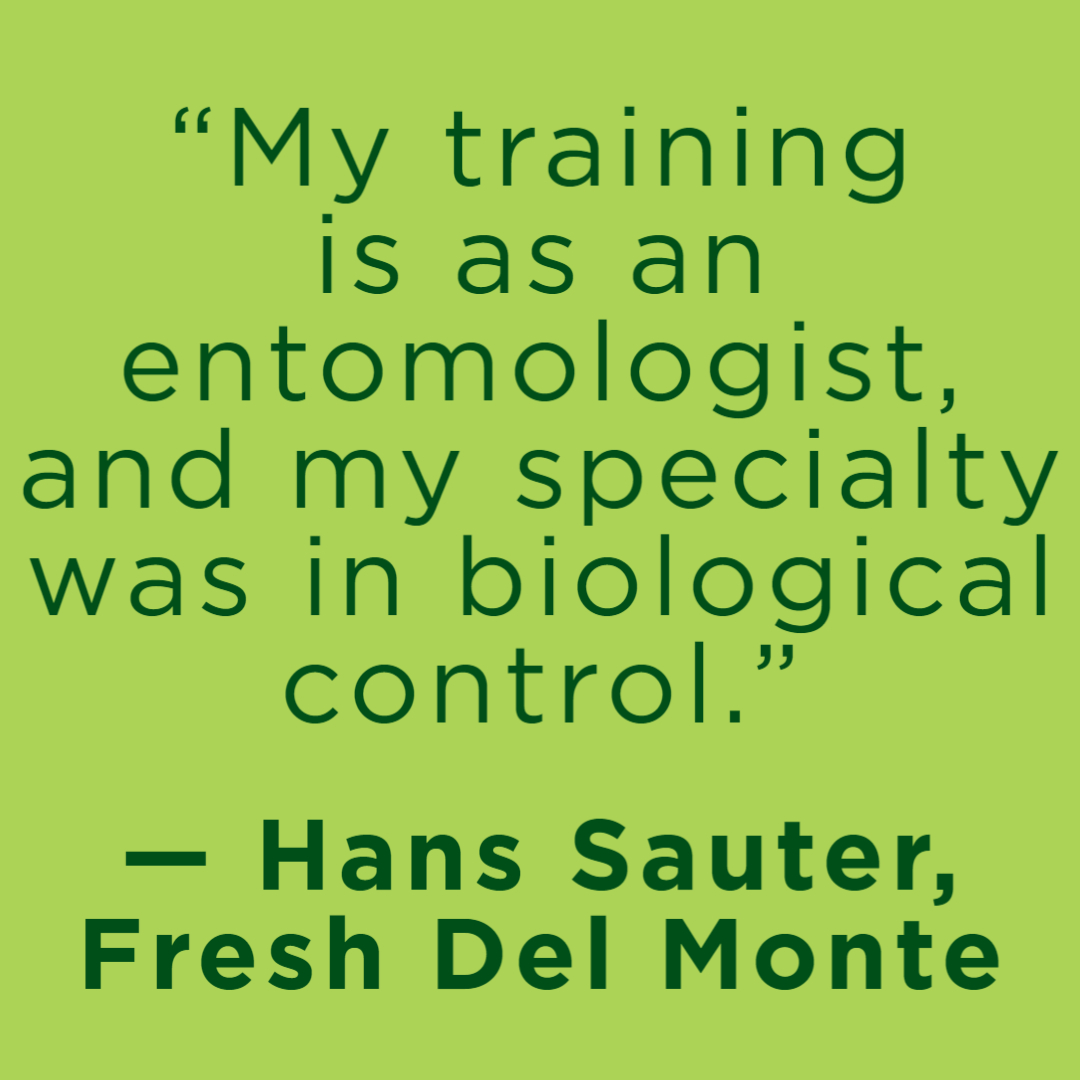
A: First of all, let me clarify that I am also the senior vice president for research and development. I've been involved initially from the research side of the equation, starting at the farm level and then making my way up in the organization. And through that, engagement at the farm level. I was very engaged with all these initiatives.
My training is as an entomologist, and my specialty was in biological control. I always had the dream of being able to impact agriculture, the future of agriculture, somehow. And initially, the possibility was to stay with an institution like the University of Costa Rica, where I was teaching. And then I figured that, aside from a small group of people that would read articles published (by me), the real impact was if you went into the commercial side of the equation.
These (multinational) companies have so much influence. Once you establish a standard operational procedure, basically, it is shared, not only across the country and farms, but globally. So that has been extremely satisfying. And yes, definitely, in the last 15 years, sustainability came onto the map as an area in itself. I was initially involved in ISO 14,000 (environmental management) certification and reforestation. Two years ago, I was formally given the position as chief sustainability officer.
Q: Fresh Del Monte put out the initial (sustainability) report in 2019, and now have just issued the follow up report, correct? I know you refer to the Sustainable Development Goals from the United Nations in your in your report. That's a good foundation to think about sustainability for a lot of companies, isn't it?
A: Definitely. Because you want to make sure that your stakeholders understand what you're talking about, and you want to engage with what is relevant to them. The United Nations Sustainable Development Goals have demonstrated to (speak to) the global population, and especially the younger (populations) in terms of their desires to move to a more sustainable world.
Q: When you thought about all the directions you could go (with sustainability goals), how did it go in determining, “OK, these are the areas we are going to pay attention to”? How did that process work?
A: If there is something that has been unique about our company, it is that we allowed the (farming) operations to initially define what were the relevant programs to each operation, because we operate from the local level.
And we're present in so many geographies, the priorities are very different wherever you are, from addressing disaster relief, all the way to education, health, erosion control, etc.
It started from the base, and (the goals) drew so much enthusiasm from our team members and ensured that those programs were not just a one-year shot to achieve a goal; they are a living part of our culture. It is probably what makes me most proud of our sustainability program, that it has grown from the base and actually captured the imagination of our leaders. It is now part of our six strategic goals as a company.
Now, we're a little bit more sophisticated in that we come up with our own materiality assessments, done by third parties, so that we can bring in the interests of the investor community, the customers, and others. But initially, it grew from the base.
Q: When you talk about responsible sourcing, what does that mean in terms of how you think about it? And is “sustainably grown” a part of it responsibly sourced?
A: Yes, it is two sides of the equation, because a large company like this one, grows what it sells (and also sources from other growers). In our case, 45% of everything we supply is grown by ourselves. But then again, we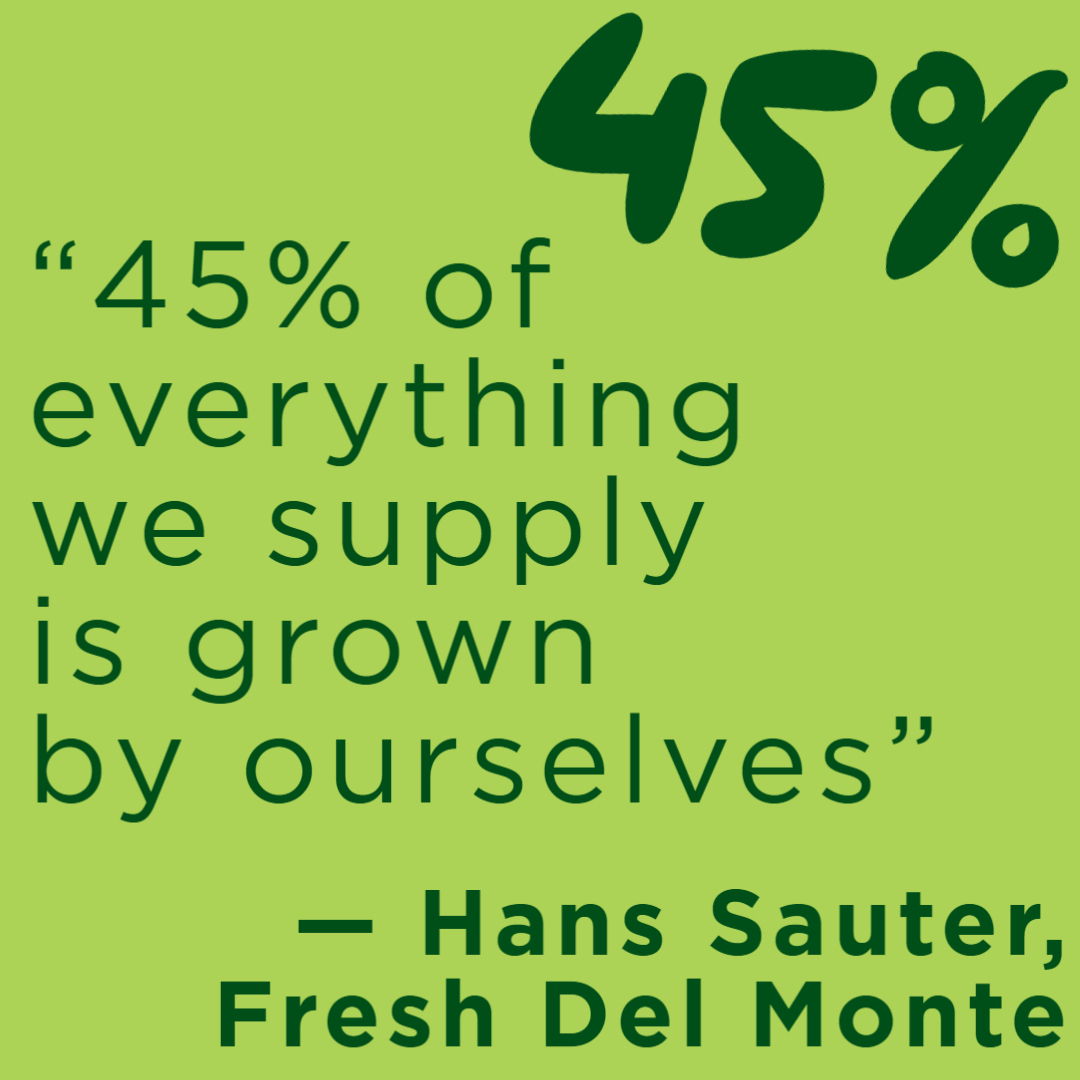
source from many growers around the world, and responsible sourcing is all about making sure that your suppliers are also engaged with these goals, this vision of a sustainable future.
Definitely, it's not a (small) task. It's about programs that need to live into the future. They require funding. That is all about starting first by showing your growers that it makes sense, that there are efficiencies to be captured. At the end of the day, it's win-win proposition. But (we) want their engagement because they're convinced too; not just because you are imposing it, but because there is also engagement in those growers.
Q: As I look at your sustainability report, I see on some of these goals that it shows that you've met some of these goals already and set a new goal. There is progress on a lot of these fronts, and I'm sure that makes you happy.
A: Yes, it makes it also more challenging. We have a tougher challenge or task in front of us. Then again, we're becoming more organized, better in putting the teams together around that task. And definitely the new generations are so interested in this topic; it definitely impacts their future and their kids' future. So, we want to continue to be relevant to them.
Q: Climate change is something that a lot of people are talking about. I see you do have a climate action as part of your plan here. How do you look at that area and think about what you're doing there?
A: The climate change impact can be different (depending on location), say, in California with the fires and the drought. In Central America, we were hit by two consecutive tropical storms at the end of 2019; it was all about flooding and devastation. But depending on where we are, it can be also about reduced water resources, it can be about higher temperatures, which actually burn the product that you're growing, and then you have to come up with protection. In some cases, we're needing to put some type of shadow or protection against sun.
We are seeing the impact, not only higher in intensity (weather conditions), but higher in frequency. The fires in California impacted us last year with all the ash raining on top of our leafy green fields. But we're also seeing higher pressure on water resources in Chile and Philippines. So, it is here, there is no (doubt) about it.
And we understand that unless we take steps to start addressing global warming and the climate change that comes along with it, we are not going to be sustainable. So, we decided to commit to the Science Based Targets Initiative, which is probably the most credible organization in terms of addressing climate change, and working with them in reducing our carbon footprint, our greenhouse gas emissions footprint. And it's not going to be an easy goal. We are setting up (a goal) for 2030. We're committing seriously; the first step that we took was to bring in a new set of fuel-efficient vessels, so as to reduce our carbon footprint in routes that come from Latin America to North America. There are goals for every facility; we expect every single operation to take part of this goal.



